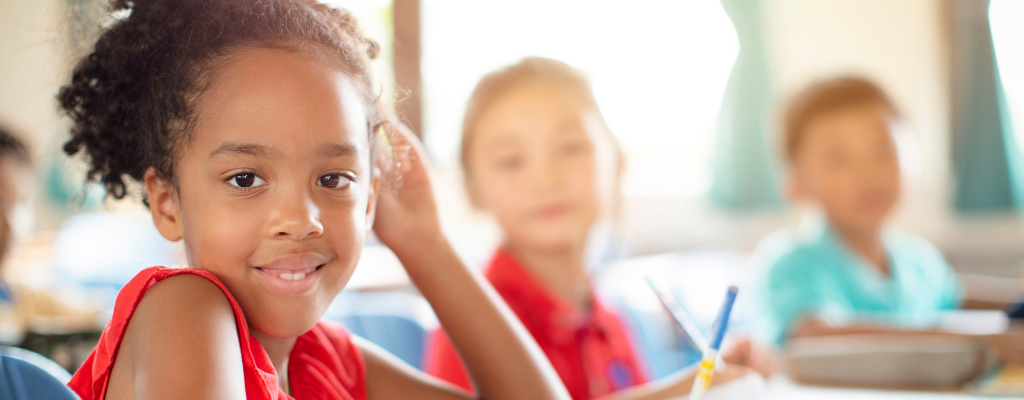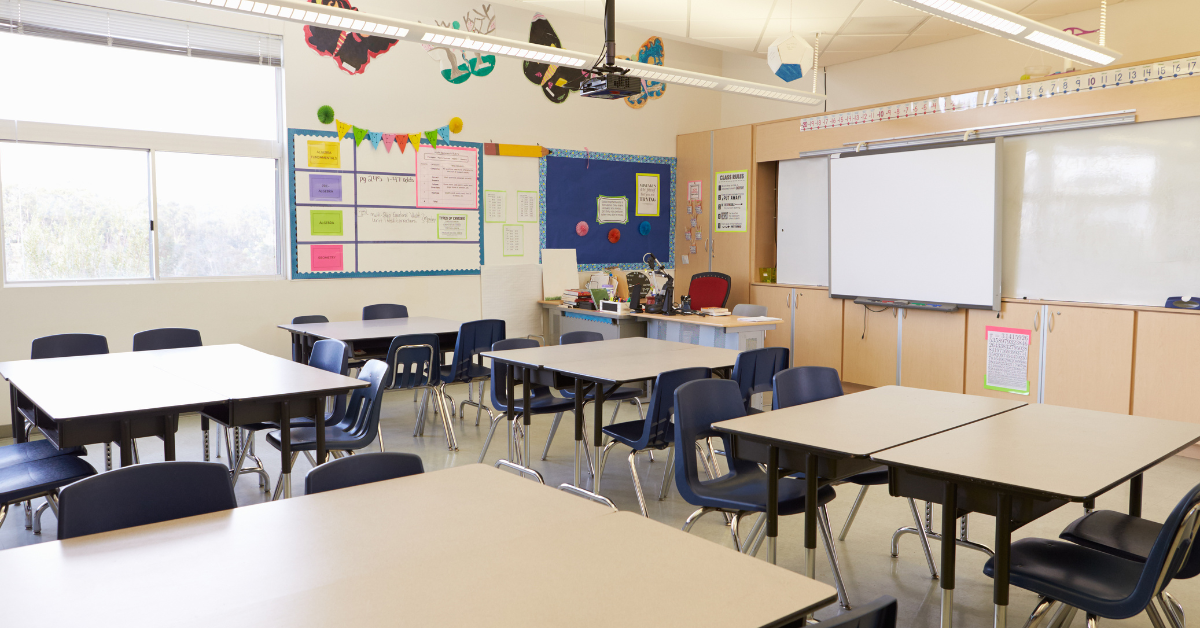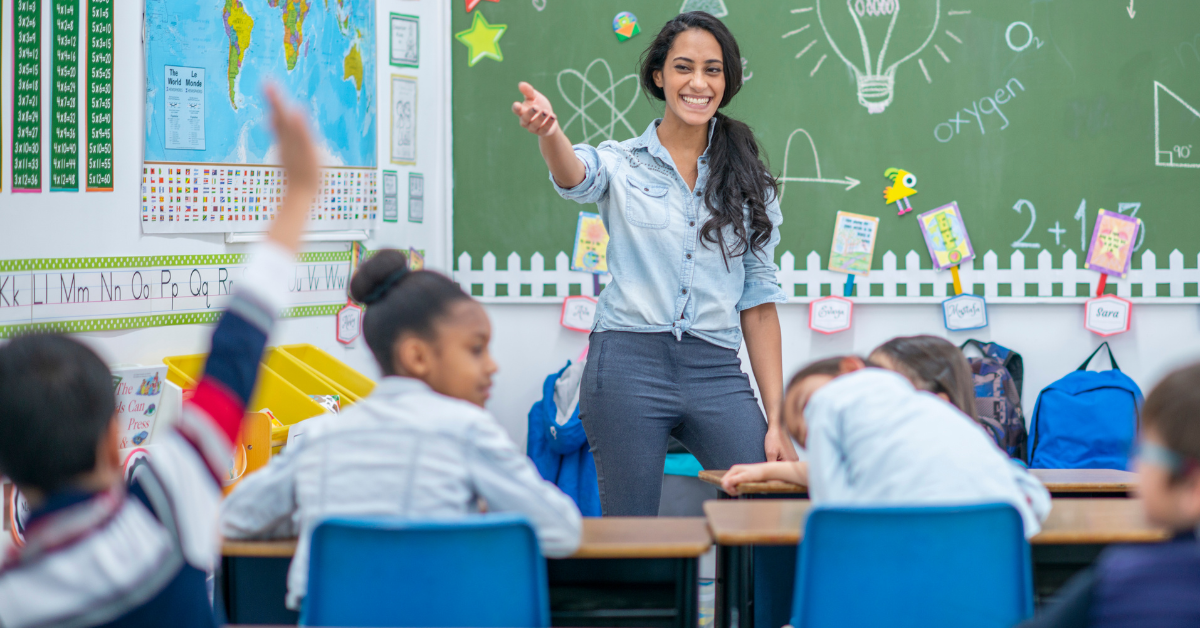Educational Support for Adopted Children
Many children in the United States receive diagnoses and therapeutic services to help meet their needs. These children’s parents, teachers, medical providers, and other caregivers, focus on meeting the emotional, social, cognitive, developmental, and other needs that children present. Adoptees are often among those receiving services – in part because adoptees have all experienced loss, and many have experienced abuse, neglect, and other adverse childhood experiences prior to adoption.
In our survey of over 4,200 adoptive parents, we found that many adopted individuals receive services and accommodations through the public school system (see table below). This highlights the importance of our teachers and other school service providers being aware and competent at offering services to adoptees. Primarily though, the responsibility needs to be on parents to understand how to help their child access these services.
Percentage of Children Who Are Adopted and Receive Accommodations in School
| Educational Accommodation | Private Domestic Adoption | Intercountry Adoption | Adoption from Foster Care |
| None | 61.75% | 52.92% | 41.17% |
| IEP Plan | 27.02% | 32.32% | 44.41% |
| 504 Plan | 7.46% | 7.85% | 10.55% |
| Other | 3.77% | 6.92% | 3.88% |
The ability to receive support in a school setting can allow individuals who are adopted to receive services during the day (a huge help for busy parents/families) and can focus on how the students’ accommodations support their ability to obtain their education.
It’s worthwhile to note that while a large percentage of adoptees access educational accommodations, their parents also report that these children have good (often very good) educational performance. This should not be surprising: the use of educational accommodations is not a sign of weakness or unintelligence, rather, they’re a sign of strength, support, and commitment for improvement. A child utilizing an IEP is a sign that parents and school officials are collaborating for the child’s development. A student with a 504 plan, is a child who is better equipped to succeed in school. Parents, teachers, and school administrators whose contributions make this happen are creating better communities and brighter futures. We have listed resources below to help equip parents and educators to put the right services and resources in place.




